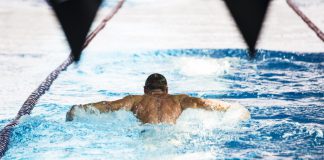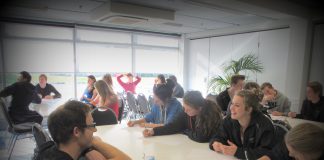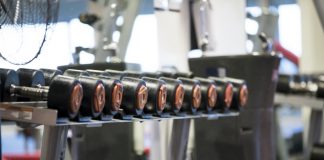It may be that you have already been told that you will need a knee joint replacement, or it might be that you fear you may need one in the future. Either way, if your knees are promising to wear out at some point in the future, there are a few things you can do to put this off. Most surgeons prefer for you to get your knee joint replaced as late as possible, as they do not have a life time guarantee and will need replacing at some stage. This does not necessarily mean you need to be hobbling around in horrible pain for years, waiting for the clock to tick down.
Exercise bike
Yes, the stationary bike is about as enthralling as watching paint dry and none of us particularly love it. But in terms of the knee, it enables us to mobilise it without loading it. You can activate the large muscle groups of the leg that help support the knee, without aggravating any painful symptoms. It can also improve the production of synovial fluid, which is a substance that lubricates our joints and helps keep them healthy. Try to get on a bike for 30 minutes a day.
Strengthen your quads
Your quads are the large muscles on the front of your thigh and are probably the largest – or at least most obvious – contributor towards your knee stability. If you have one knee with arthritis, you may actually see how wasted these muscles can become after long term issues. If you are just beginning, you will need to engage in exercises that do not load the knee or aggravate your symptoms – which may be simple things like leg raises and biking. A physio can guide you through a programme that can progress into more challenging exercises like squats and lunges.
Strengthen your glutes
“Glutes” is short for your gluteal muscles, which are the muscles of the buttocks. The glutes can impact knee joint health and work with our quads to help push us up and forwards. They can be a bit forgotten and sometimes it is weakness in these muscles that might have contributed towards your knee issues in the first place. Working against gravity, with bands and eventually into squats and weights, will help these muscles perform well to protect and support your knee joint health for longer.
Get in the pool
The weightlessness of water is extraordinarily relieving to many people with painful knees, and enables them to exercise their muscles without aggravating themselves. Engaging with swimming lengths, some forms of hydrotherapy or deep water running can also give you some cardio training and build your fitness, something that is really challenging to work on when you cannot walk or run well.
Remember that exercise to elongate your knee joint health may not only buy you some time before going under the knife, it will also improve your post-operative outcomes and recovery. If your knee joint health is something that is concerning you, or you’ve been told you will need a replacement soon, come and see one of the team at Healthzone Physiotherapy, where we will provide you with and guide you through an exercise programme to get the most out of your knees.
Contact HealthZone Physiotherapy today on (09) 477 2098





































